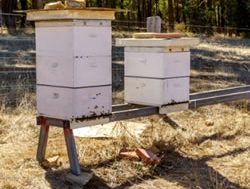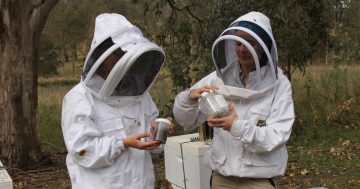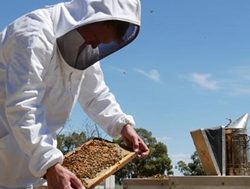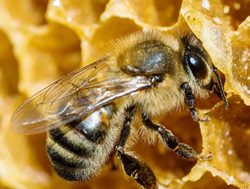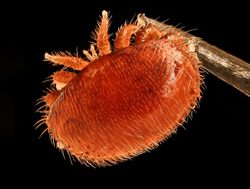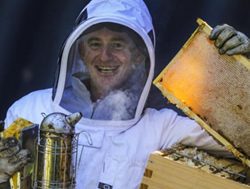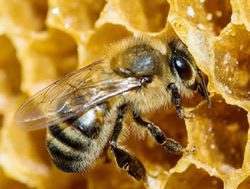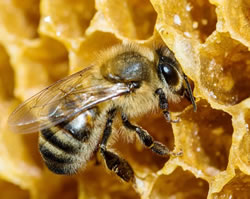 The Department of Primary Industries and Regional Development (DPIRD) has reminded travellers coming into Western Australia not to bring honey or bee products in as it is safeguarding the State’s honey bees from pest and disease threats.
The Department of Primary Industries and Regional Development (DPIRD) has reminded travellers coming into Western Australia not to bring honey or bee products in as it is safeguarding the State’s honey bees from pest and disease threats.
The Department is also encouraging WA beekeepers to be alert for signs of varroa mite and other exotic pests, and to ensure they are registered with the Department.
According to DPIRD’s chief plant biosecurity officer, Sonya Broughton, WA’s bee industry was free from many pests and diseases found elsewhere in the world.
“WA has strict import conditions in place for honey bees, bee products, hives and associated equipment,” Dr Broughton said.
“Travellers from interstate are not permitted to bring bee products including honey into WA. All bee products must be declared to a Quarantine Inspector upon arrival at a road or airport checkpoint or disposed of prior.”
She said that in response to the NSW detection, DPIRD is increasing its general bee surveillance.
“The Department has sentinel hives at strategic locations which are regularly inspected,” Dr Broughton said.
“We will also increase surveillance of commercial apiaries.
“We encourage beekeepers, on a warm day, to undertake mite surveillance on their hives using a recognised technique like sugar shake, alcohol washing or drone uncapping.”
It is important that all beekeepers, including hobbyists, are registered with DPIRD.
At registration, beekeepers are issued with a unique brand identifier that must be applied to each of their hives.
Dr Broughton said varroa mite is a serious, exotic parasite of adult European honeybees and their brood. It weakens and kills honeybee colonies and can also transmit honeybee viruses.
She said the mite occurs in beekeeping countries throughout the world but is not established in Australia.
Dr Broughton said any suspect cases of varroa mite should be reported by calling the Exotic Plant Pest Hotline 1800 084 881.
More information on varroa mite is available on this PS News link.


